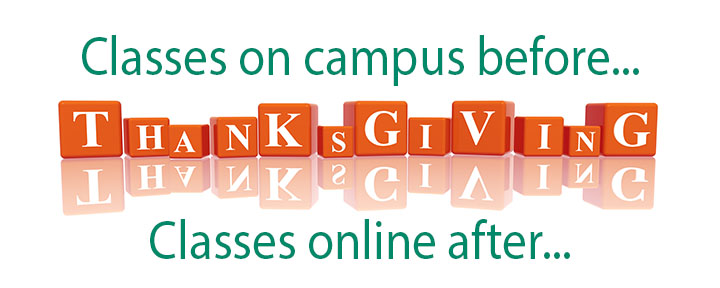
Colleges are struggling to make decisions on whether or not they’re going to have fall term on campus or online. Seems that about 30% of the incoming freshmen are waiting to make decisions about which colleges to attend based on whether or not they’ll start college on campus. Many parents are leery of spending over $60,000 for an online college experience for their kids.
On the other hand, colleges, like businesses, have been hit hard by shelter-in-place orders, and they need student tuition to stay afloat. While they want to protect their faculty and students from the coronavirus, they know students (and parents) don’t want to pay full tuition for online classes. That’s why several colleges are planning on a half-and-half solution.
With this new proposal, colleges will open for fall semester/quarter on campus. This gives students the opportunity to get out of the house and back on campus where they can have fun and get the full college experience. Parents will pay tuition, room and board, and travel expenses just as they had expected. Colleges reap the financial security they need for this term.
There will be no fall break (like spring break) in October for colleges that normally have them. Colleges worry that students will be exposed to the coronavirus at home and then spread it around campus when they return. Each college will set up social distancing protocol to meet their local requirements.
Then, the Friday before Thanksgiving, the students pack up their dorm rooms and head back home for the rest of the semester/quarter. That way they enjoy the holiday with family and friends, and then their courses all transfer to online sessions. The benefit here is that they’ll have already completed midterms and have a good grasp of each class’s protocol so switching to online classes should be seamless.
Colleges fear that the second wave of the coronavirus will wreak havoc on campus and it will be best for students to be safely at home after Thanksgiving and through winter break. Nobody is speculating about what may happen for winter or spring terms yet. Uncertainty seems to be the only constant here.
This is the buzz I’ve heard about a new fall term scenario on college campuses. It offers something for the students/professors and the college bursars. There are many options and colleges will be making announcements about fall term in the next few months.

